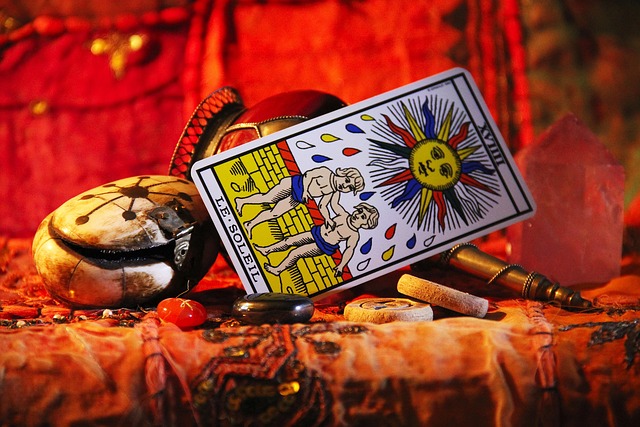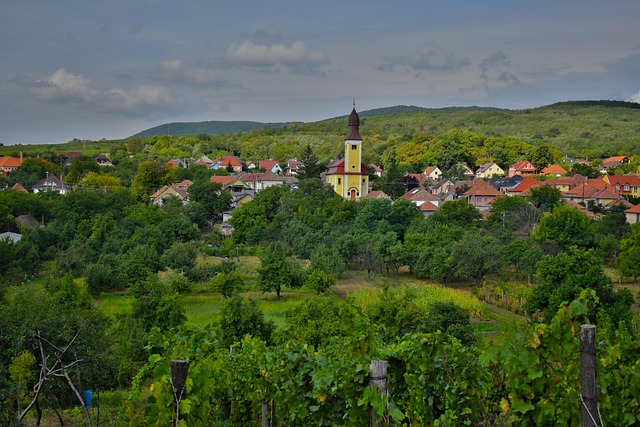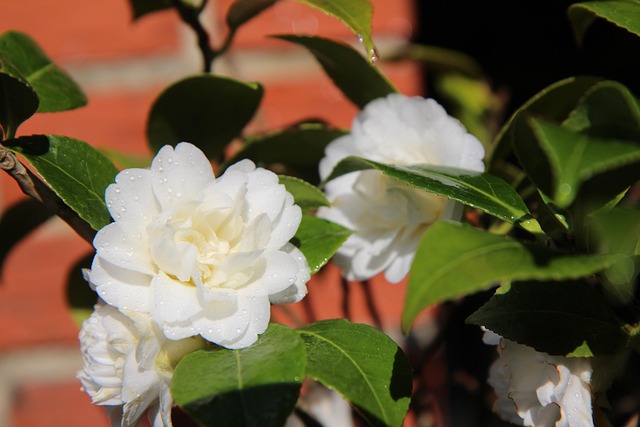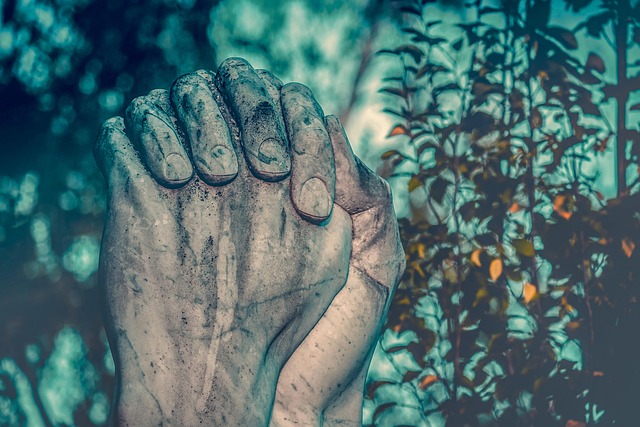Unveiling the Spiritual Dimension of Destiny: Exploring Religious Perspectives on Holidays
Holidays are more than mere dates on a calendar; they are profound moments that often intertwine with our understanding of destiny. Across various religions and cultures, holidays serve as a reminder of the interconnectedness of life, faith, and the journey each of us is on. In this exploration, we delve into how different religious perspectives illuminate the spiritual dimension of destiny during these sacred times.
The Essence of Destiny in Religious Practices
In many religious traditions, destiny is perceived as a divine plan guiding individuals toward their ultimate purpose. Take, for instance, the Christian celebration of Christmas. This holiday commemorates the birth of Jesus Christ, viewed by many as the embodiment of hope and salvation. For believers, this period isn’t only about celebration; it is a waypoint on their spiritual journey, emphasizing the importance of destiny in their faith and lives.
In Islam, the significance of destiny is profoundly articulated through the concept of Qadar, or divine decree. During Ramadan, a month of fasting, prayer, and reflection, Muslims believe they draw closer to understanding their predestined paths. This holy time invites introspection on how one’s actions and faith contribute to a larger, divine destiny, reminding them that their choices shape their ultimate fate.
Cultural Reflections on Destiny through Holidays
Every culture holds its unique interpretations of destiny as expressed through holidays. In Hinduism, Diwali, the festival of lights, symbolizes the victory of light over darkness, knowledge over ignorance. This holiday reflects the belief in Dharma, or righteous living, and highlights the notion that one’s destiny can be positively influenced through good deeds and intentions. It encourages individuals to embrace their journey, signaling that destiny isn’t just predetermined; it’s also continuously shaped by personal choices.
Meanwhile, the Jewish New Year, Rosh Hashanah, marks a time of reflection and renewal. During this holiday, individuals examine their past actions and seek forgiveness in hopes of shaping a better future. The prayers and rituals performed signal a collective recognition that every person’s destiny is interwoven with the greater community, emphasizing accountability and shared responsibility in the pursuit of one’s spiritual path.
The Importance of Connection through Holiday Traditions
Holidays act as a focal point where destiny, spirituality, and communal ties converge. They create opportunities for families and communities to come together, fostering deeper connections as they celebrate shared beliefs and values. This coming together reinforces the idea that while individuals may walk different paths, their destinies are interconnected, influenced by a collective human experience.
In many traditions, the rituals and customs associated with holidays are designed to evoke a sense of gratitude, reverence, and understanding of life’s greater tapestry. Whether lighting candles, sharing festive meals, or engaging in prayers, these acts are imbued with intention, allowing participants to reflect on their personal journeys and the broader implications of destiny in their lives.
Call to Reflection
As we explore the spiritual dimension of destiny through religious perspectives on holidays, we invite you to reflect on how these sacred times shape your understanding of your own journey. What messages do your traditions convey about destiny, and how can you apply these teachings to navigate your life’s path? Each holiday provides an opportunity to reaffirm your values, reconnect with your faith, and embrace the profound reality that you are an integral part of a larger divine plan.




